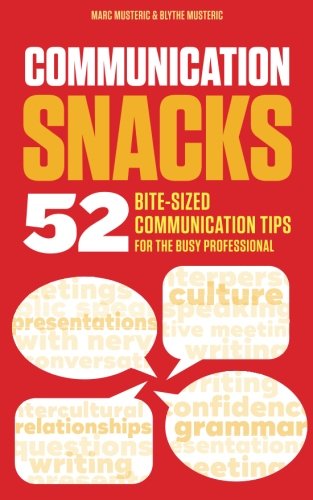Look at the following paragraph and choose the words that should be stressed in each sentence. Next, decide which syllable should be stressed in each word.
Do you ever look around you and wonder whether you are dressed appropriately for your job? Do you notice men coming to work without a tie and think they’re underdressed? Dress codes in many companies today are relaxed, and in many cases “business-casual” clothing is normal. Khaki pants and shirts without ties are common and acceptable. This is especially true in professions where employees are not in face-to-face contact with customers. Some employees in more relaxed areas of business can even go to work in jeans and t-shirts. Even if their workplace requires more formal clothing, like suits and ties, they might have one day a week when employees can relax and dress down, usually called “casual Friday.” The best way to understand how to dress for your workplace is to analyze what your coworkers are wearing. Whatever your company requires, be sure to wear clothing that feels good. That way, even if you don’t like the dress code, at least you’ll be comfortable!
Compare your answers to the audio recording below.
PLUS and PRO Members can download this file! Click here to join.

 About MyOvient
About MyOvient Contact Us
Contact Us

